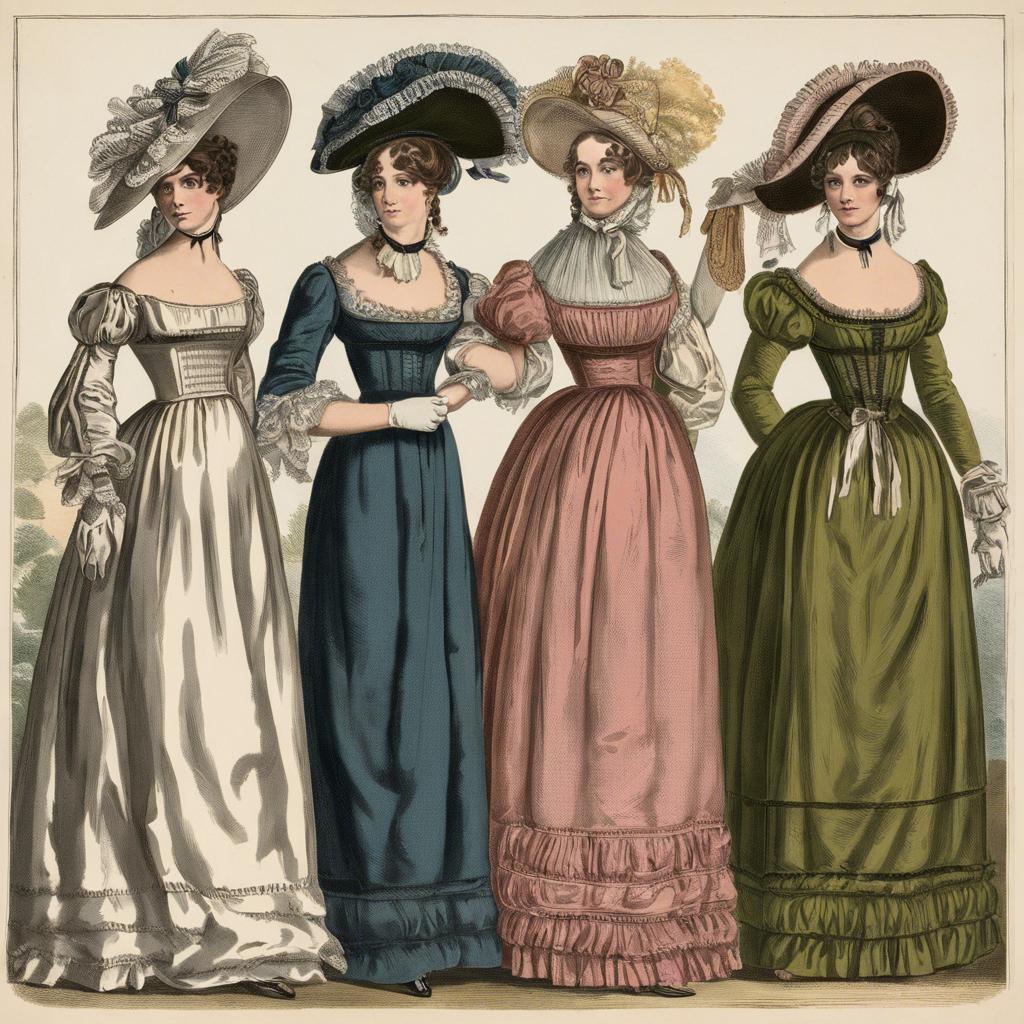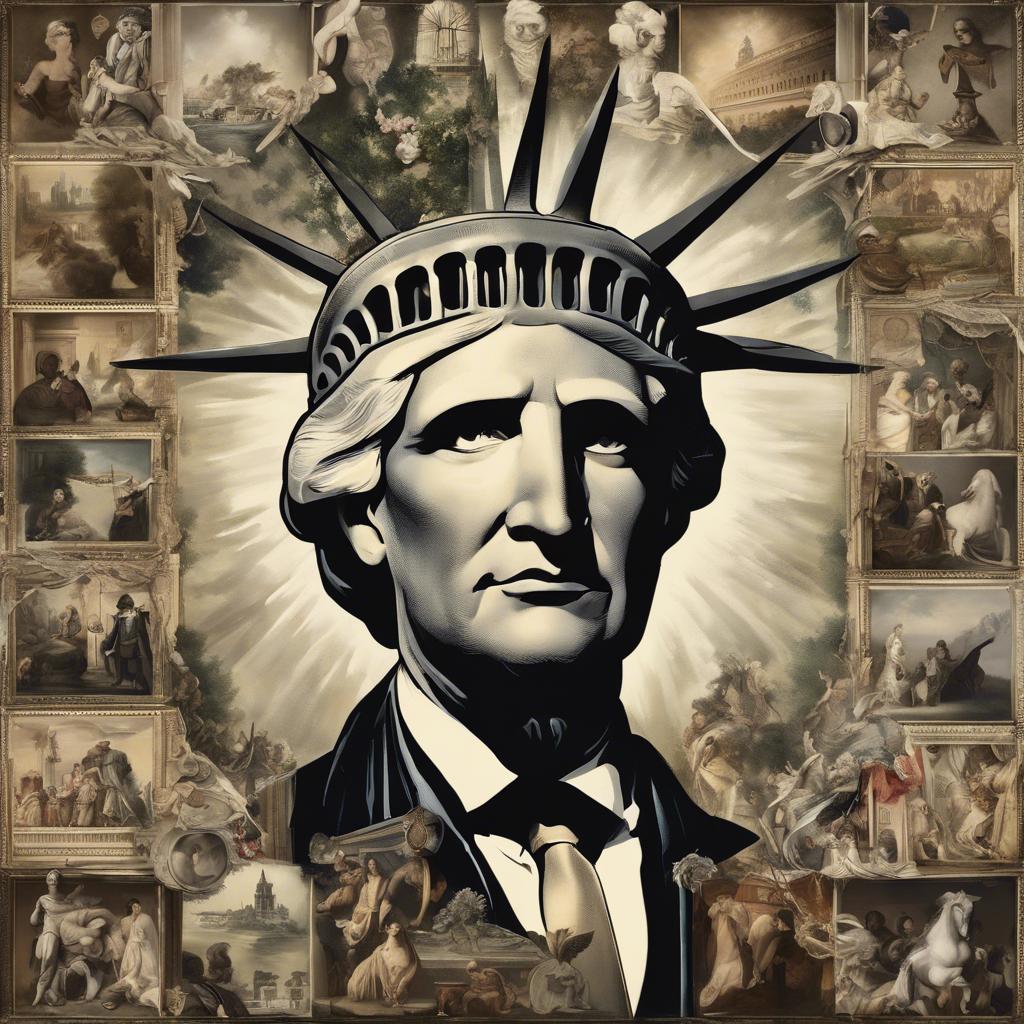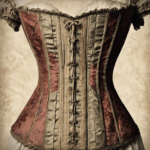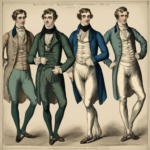During the early 19th century, the United States experienced a period of significant cultural and political change known as the Regency Era. This transformative time marked a shift in societal norms, fashion, and governance, as the young nation grappled with issues of identity and independence. In this article, we will explore the key events and themes that defined the Regency Era in America, shedding light on a pivotal moment in the country’s history.
Step Into the World of Cheryl Bolen
Dive into the enchanting stories of love, intrigue, and elegance set in the Regency Era. Cheryl Bolen's novels offer timeless romance and captivating tales that will leave you wanting more.
Explore Cheryl Bolen's Books Now
Regency Fashion Trends in America
In the early 19th century, the regency era in America brought about a shift in fashion trends that reflected the elegance and sophistication of the time. Women’s fashion during this period was characterized by empire waistlines, flowing fabrics, and delicate embellishments.
Some key included:
- Empire waistlines that highlighted a woman’s natural figure
- Sheer muslin fabrics that added a touch of femininity
- Flowing skirts that allowed for ease of movement
- Regency-era patterns such as florals and stripes
| Empire Waistlines | Flowing Fabrics | Delicate Embellishments |
|---|---|---|
| Elegantly accentuated the natural figure | Added a touch of femininity | Enhanced the overall look of the outfit |
during this era were focused on simplicity and elegance, with a nod to classical Greek and Roman influences. Women’s attire often featured soft, pastel colors and lightweight fabrics, while men’s fashion saw an emphasis on tailoring and fine details.
The Influence of Regency Literature on American Society
During the Regency era, literature was a powerful force that not only reflected the societal norms and values of the time but also influenced them. The impact of Regency literature on American society cannot be understated, as the works of authors such as Jane Austen and Sir Walter Scott found a receptive audience across the Atlantic.
One of the key ways in which Regency literature influenced American society was through its portrayal of relationships and social conventions. Novels like Pride and Prejudice and Sense and Sensibility depicted the complexities of courtship and marriage, shedding light on the expectations and restrictions placed on individuals based on their social class and gender.
Additionally, Regency literature played a role in shaping American fashion and decorum. The descriptions of elegant ballrooms, extravagant gowns, and refined manners in these novels sparked a fascination with Regency style among American readers, leading to a resurgence of interest in the period’s fashion and etiquette.
Architectural Styles of the Regency Era in America
During the Regency Era in America, architectural styles were greatly influenced by the neoclassical movement that emerged in Europe during the late 18th century. This period, which coincided with the early 19th century, saw a revival of classical architectural elements, such as columns, pediments, and symmetrical facades.
One of the most prominent was Federal architecture. This style was characterized by its use of Palladian windows, fanlights, and elliptical or semi-circular arched windows. Federal buildings often featured a symmetrical facade with a central pediment and decorative moldings. Notable examples of Federal architecture in America include the White House and Independence Hall.
Another popular architectural style of the Regency Era in America was Greek Revival architecture. This style was inspired by the architecture of ancient Greece, with its use of columns, entablatures, and simple geometric forms. Greek Revival buildings often featured a portico supported by columns, as well as decorative moldings and friezes. Examples of Greek Revival architecture in America include the Parthenon in Nashville and the Second Bank of the United States in Philadelphia.
Social Etiquette and Customs during the Regency Period
In the early 19th century, the Regency era brought about significant changes in social etiquette and customs across America. During this period, societal norms dictated the behavior of individuals in various social settings, ranging from formal gatherings to everyday interactions. Understanding and adhering to these customs was crucial for maintaining one’s reputation and standing in society.
Etiquette in Regency America
- Clothing – Both men and women were expected to dress modestly and elegantly, with specific attire for different occasions.
- Behavior - Politeness, decorum, and respect for hierarchy were highly valued traits in Regency society.
- Conversation – Small talk, gossip, and flirting were common topics of discussion among the upper class.
| Etiquette Rules | Examples |
|---|---|
| Proper Address | Formally addressing individuals of higher social status, such as Mr. or Mrs. |
| Dining Protocol | Following strict table manners, including proper utensil usage and dining etiquette. |
| Calling Cards | Using calling cards to make social visits and communicate with acquaintances. |
the Regency era in America was a time of great emphasis on social propriety and adherence to established customs. From the way one dressed to the way one engaged in conversation, every aspect of social interaction was carefully regulated to maintain a sense of decorum and respectability. By understanding and practicing these etiquette rules, individuals could navigate the complexities of Regency society with grace and sophistication.
Final Thoughts
the Regency Era in America was a time of political change, cultural development, and social evolution. From the War of 1812 to the impact of the Industrial Revolution, this period was marked by significant transformations that helped shape the nation we know today. As we reflect on the achievements and challenges of this era, let us continue to appreciate the legacy left behind by those who lived and worked during this pivotal time in American history. The Regency Era may be a chapter of the past, but its influence and impact endure, reminding us of the enduring power of history to shape our present and future.


